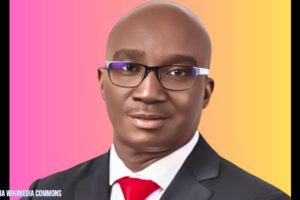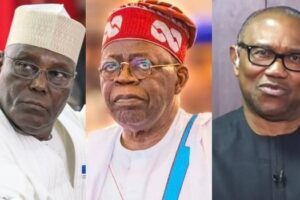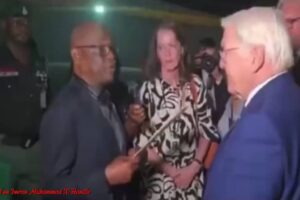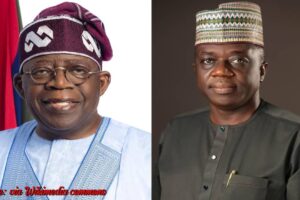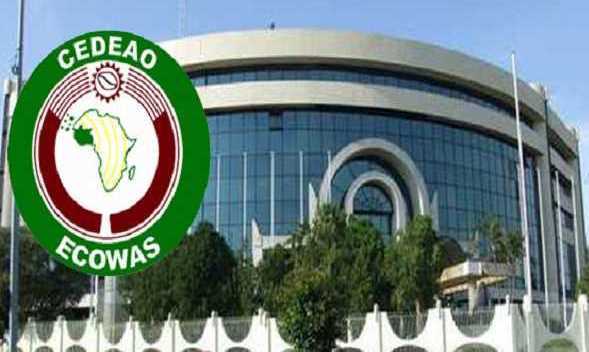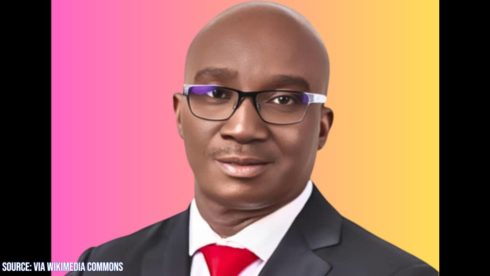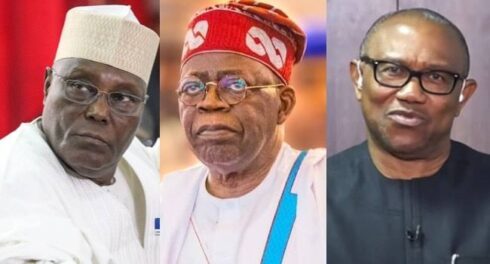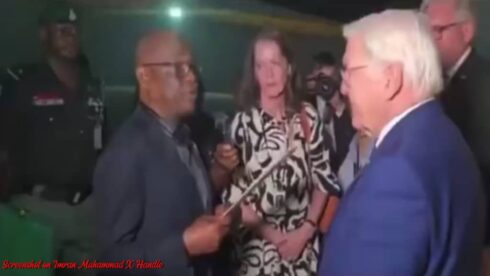The Economic Community of West African States (ECOWAS) has been striving towards establishing a single currency, the “Eco,” since the early 2000s. This initiative aims to streamline trade within the region and unlock economic growth. While the proposal has generated both enthusiasm and skepticism, a closer look reveals both the potential benefits and the existing challenges.
Nigeria’s Support Of ECOWAS Single Currency
Nigeria, a key player in ECOWAS, recently reaffirmed its commitment to the Eco. The country’s Finance Minister, Wale Edun, believes a single currency would be a catalyst for economic growth and development across West Africa. According to a statement by the finance ministry’s spokesman, Mohammed Manga, Edun expressed Nigeria’s commitment to the single currency on Thursday, July 4, when he hosted a virtual high-level committee meeting in Abuja.
The meeting brought together key stakeholders from the Central Bank of Nigeria (CBN), the Minister of Finance of Cape Verde, Mr. Olavo Correia, the Minister of Finance and Economic Affairs of Cote d’Ivoire, Adama Coulibaly, and the Ghanaian Minister of Finance, Mohammed Amin Adam, as well as other distinguished representatives. At the meeting, Edun emphasized the importance of the Eco in fostering economic growth and development in the region and reiterated Nigeria’s commitment to the successful implementation of the single currency. The Eco itself aspires to achieve three main goals: promoting regional integration, facilitating trade, and achieving monetary stability for all fifteen ECOWAS member states.
Potential Benefits of A ECOWAS Single Currency
According to financial experts, the potential benefits of a single currency are significant, making it a welcome idea for the ECOWAS region. They contend that eliminating currency exchange would significantly lower transaction costs, making cross-border trade easier, particularly for small and medium-sized businesses currently burdened by such complexities. It is also believed that businesses throughout the region would benefit from the elimination of exchange rate fluctuations, making it easier to invest and trade regionally. This, in turn, would foster economic integration and development.
Dr. Kayode Oludare, a regional economist, noted, “A single currency could potentially increase trade within ECOWAS by 20-30%, creating a ripple effect of economic growth throughout the region.” Additionally, a unified currency would allow for better coordination of monetary policy across the region, strengthening ECOWAS’s ability to respond effectively to economic shocks and promote overall financial stability. Professor Kwame Owusu, a monetary policy expert, argues that “A single currency would give ECOWAS a stronger voice on the global stage and allow them to respond more effectively to international economic forces.”
Existing Challenges
Despite the potential benefits, there are significant challenges to the implementation of the Eco. One major hurdle is the economic disparity among member states. The economies of ECOWAS countries vary widely in terms of size, structure, and stability, which could complicate the management of a unified monetary policy. Additionally, there is the issue of political will and readiness among member states to cede some level of sovereignty over their national currencies to a regional authority.
Furthermore, establishing the necessary institutional and legal frameworks for the Eco is a complex and time-consuming process. Countries would need to harmonize their economic policies, fiscal standards, and financial regulations, which requires significant coordination and cooperation. Dr. Binta Musa, an expert in regional economics, highlights that “The success of the Eco will depend on the ability of ECOWAS members to commit to strict convergence criteria and maintain fiscal discipline.”
while the proposed ECOWAS single currency, the Eco, holds promising prospects for economic integration and growth within West Africa, its successful implementation will require overcoming substantial economic and political challenges. The commitment of key players like Nigeria and the collaborative efforts of all member states will be crucial in realizing the vision of a unified regional currency.
Hurdles for ECOWAS Single Currency
The path to a single currency for the Economic Community of West African States (ECOWAS) is fraught with challenges, primarily centered around achieving macroeconomic convergence. Member states within ECOWAS exhibit a wide range of economic structures, inflation rates, and interest rates, complicating the establishment of a unified economic environment. Nigeria, for example, has a large and diverse economy, which starkly contrasts with the smaller, more fragile economies of other member states. Dr. Steven Ajayi, an economist, highlights the critical nature of this issue, stating, “Macroeconomic convergence is essential for the success of the ECOWAS single currency. Without it, we risk creating instability and undermining the entire project.”
Another significant hurdle is the necessity for a strong institutional framework to support the single currency. Effective functioning of a single currency requires a regional central bank and a common monetary policy. Currently, the ECOWAS region lacks such a robust structure, necessitating considerable development before the Eco can be implemented. Professor Owusu emphasizes the importance of this development, stating, “Building a strong institutional framework will take time and political will, but it’s absolutely necessary to ensure the Eco’s long-term success.”
Dream to Reality
Despite these hurdles, the dream of an ECOWAS single currency remains alive, buoyed by the support from Nigeria and other countries in the West African sub region. If all concerned parties commit to the hard work required, the single currency could become a reality sooner rather than later. The potential benefits are significant, promising to unlock the full economic potential of the ECOWAS region and usher in a new era of economic prosperity for West Africa.
The successful implementation of a single currency would mark a historic achievement for ECOWAS, symbolizing a unified economic vision for the region. It would facilitate trade, enhance economic stability, and attract foreign investment. However, achieving this vision demands unwavering political will and commitment from all member states. Dr. Ajayi underscores this point, stating, “Political will is the make-or-break factor for ECOWAS. Without a unified vision and unwavering commitment from all members, this project will falter.” With the right level of dedication and collaboration, the ECOWAS single currency could transform the economic landscape of West Africa, turning the long-held dream into a tangible reality
Table of Contents
Discover more from OGM News NG
Subscribe to get the latest posts sent to your email.

